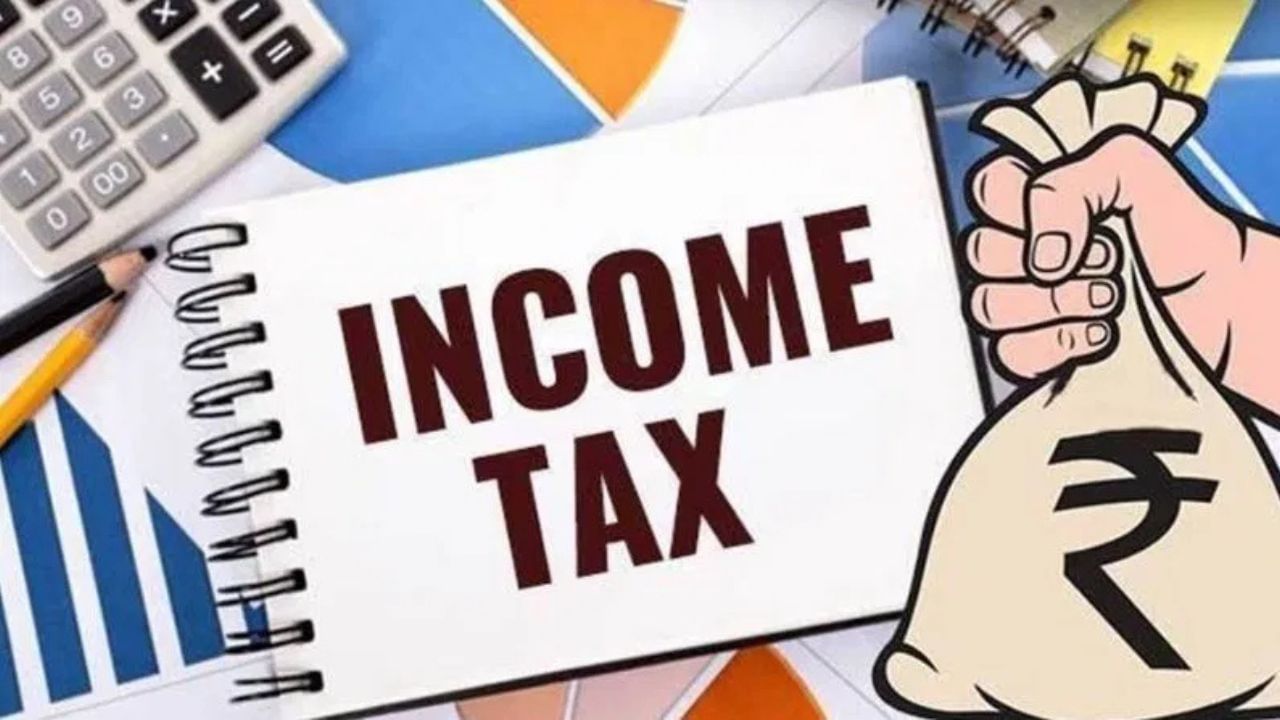income tax
The central government had made the annual income of Rs 12 lakh tax free in Budget 2025. Now tax rebate up to Rs 50 lakh is being demanded. In fact, industry body PHDCCI on Wednesday favored a drastic cut in income tax rates for individuals with annual income up to Rs 50 lakh and imposing a top rate of 30 per cent only on those earning more than that. In the new income tax regime, the highest tax rate of 30 per cent is applicable to individuals with annual income above Rs 24 lakh. In its pre-Budget recommendations submitted to Revenue Secretary Arvind Srivastava, apart from several reforms in the direct tax regime, the industry body also made several recommendations on the indirect taxation front. The government has started the process of presenting the next Union Budget. Finance Minister Nirmala Sitharaman will present it in Parliament in February.
Zero tax on income of Rs 50 lakh
One of the key suggestions on the direct taxes front is “request for reduction in tax rates for individuals, partnership firms and limited liability partnerships”. PHDCCI said that corporate tax rates have been reduced to 25 percent including surcharge. The chamber argued that despite the corporate tax rate being reduced from about 35 per cent to 25 per cent, corporate tax collection has increased from Rs 6.63 lakh crore in 2018-19 to Rs 8.87 lakh crore in 2024-25, which shows a significant increase.
This clearly shows that softening of tax rates has resulted in increased compliance and increased tax revenue. The chamber said the highest personal tax rates are 30 percent, and with surcharges ranging from 5 percent to 25 percent, the maximum tax rate reaches 39 percent in some cases. The taxpayer is burdened with this high tax rate, where 40 percent of his income goes to the government and the remaining 60 percent is left for his own consumption.
Chamber gave this suggestion
In its memorandum, the Chamber also highlighted the benefits and facilities available to taxpayers in developed countries. The Chamber said that it is requested that the maximum tax rate should be 20 percent on income up to Rs 30 lakh, 25 percent on income between Rs 30 lakh to Rs 50 lakh and 30 percent on income above Rs 50 lakh. This will not only increase compliance and tax incidence, but will also provide great relief to the middle class.
PHDCCI said that in order to promote setting up of new manufacturing units in India, it is extremely necessary to re-introduce section 115BAB of the Income Tax Act, under which a concessional corporate tax rate of 15 per cent + surcharge was imposed subject to compliance with certain conditions, the new chamber argued. Section 115BAB of the Income Tax Act was introduced in September 2019, under which a concessional income tax rate of 15 per cent plus surcharge was allowed in respect of new companies starting manufacturing by March 31, 2023, which was later extended to March 31, 2024.
What was said on the indirect tax front?
The chamber, in its memorandum to the Finance Ministry, said that the concessional tax rate of 15 per cent will provide a major incentive to foreign companies to set up subsidiaries and invest in manufacturing units in India. This will help in economic growth and employment generation and India can become one of the major manufacturers of goods in the world. Other suggestions relate to taxation on buyback of shares, payments to MSMEs, requirement of TDS/TCS certificates, estimated tax planning and deduction on dividend income.
On the indirect tax front, PHDCCI has suggested that faceless valuation and audit should be made mandatory like the Income Tax Act. The chamber said that after payment of GST, input tax credit (ITC) should be made available on advance payment for services, even before the tax invoice is received. The Chamber also recommended that companies with multiple locations and different GST registrations (in the same or different states) should be allowed to transfer ITC between units linked to the same PAN.
